Gibson vs Dean: Gibson wins US trademarks
Gibson wins US trademarks ruling
The latest update in the Gibson vs Dean case is that Gibson has won the argument in court over guitar shapes and trademarks within the USA. Both parties are claiming a win though, as technically Dean can sell anywhere outside the US with no restrictions. Could we see an appeal by Dean? Will this be another PRS Singlecut style debacle? And what does it all actually mean?
Gibson vs Dean
The court ruling filed on 27 May 2022 comes after a two-week-long trial and was decided by a jury. Hundreds of pieces of evidence were admitted along with several notable witnesses, who either took the stand or contributed via deposition. Below is the official press statement sent out by Gibson in all its glory, stating that the company’s trademarks are valid and that their body shapes are not generic.
Gibson Official Press Statement
The court’s decision by jury today, to uphold Gibson’s long-established and well-recognized trademarks for Gibson’s innovative and iconic guitar shapes is a win for Gibson and the music community at large. The court found that the Gibson Trademarks are valid, the Gibson shapes are not generic, and the defendants were guilty of both infringement and counterfeiting. Gibson is very pleased with the outcome after years of simply trying to protect their brand and business through well recognized intellectual property rights, rights that have been Gibson’s for decades.
Gibson’s guitar shapes are iconic, and now are firmly protected for the past, present, and future. From a broader perspective, this court decision is also a win for Gibson Fans, Artists, Dealers, and related Partners whoexpect and deserve authenticity. Not to mention for all of the iconic American brands that have invested in meaningful innovation and continued protection, only to see it diluted with unauthorized and often illegitimate knockoffs. Gibson can now focus attention on continuing to leverage its iconic past, and invest in future innovation, with confidence.
Jury Decision
The basis for Dean’s defence here was always that the Gibson trademarks were invalid because the designs are seen as being generic and therefore not subject to copyright.
Unfortunately for Dean, the jury came to the conclusion that Dean infringed on Gibson’s body shape trademarks for the Flying V, Explorer and SG. Along with separate trademarks for the Dove Wing headstock and the Hummingbird acoustic guitar. Though Dean was not found to have infringed on Gibson’s standalone trademark for the Flying V.
The same jury also found that Dean marketed counterfeits of the Flying V, Explorer and SG body shapes, along with the Gibson Hummingbird. But they did not find Dean guilty of marketing a counterfeit of the Dove Wing headstock shape.
Dean has been fined $4,000 for “counterfeiting statutory damages per counterfeit trademark per type of goods sold, [or] offered for sale.”
Though Dean has already claimed a win. Evan Rubinson the CEO of Armadillo which is Dean’s parent company said in a statement:
“We are thrilled that a Texas jury has vindicated Armadillo in ruling for Armadillo on its defense to Gibson’s trademark claims on our Dean V guitar, Dean Z guitar, and Evo headstock.
“The jury found that Armadillo is not liable to Gibson for our long use of those guitars and headstock. The jury issued a judgment in the amount of $4,000, a mere fraction of the $7 million plus originally sought by Gibson.”
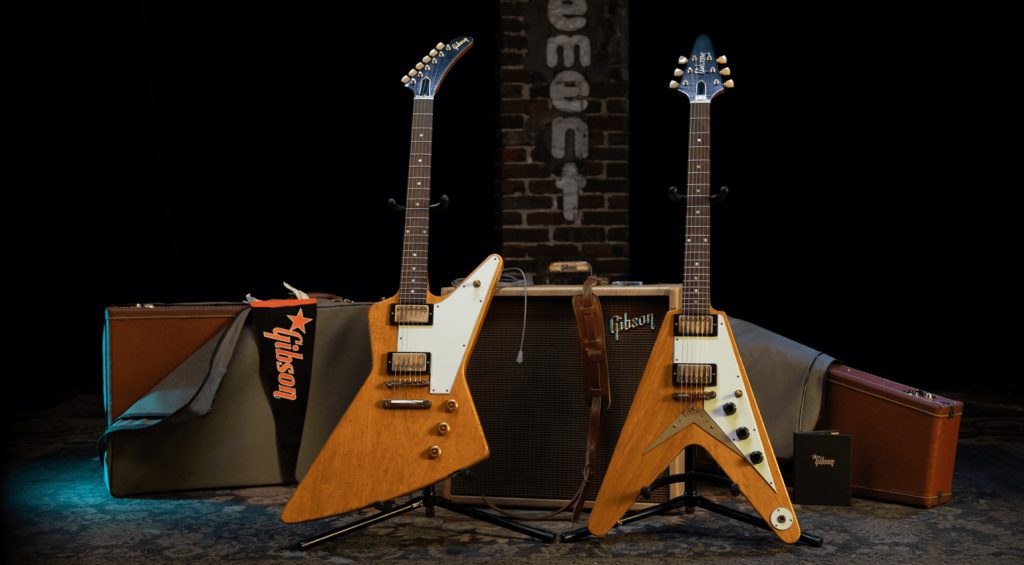
Gibson Collectors Edition 1958 Korina Flying V and Explorer. Two shapes that now have US only trademarks · Source: Gibson
What does this all add up to?
Essentially, this means that Gibson retains its US trademarks for the Flying V, Explorer, ES and the SG body shapes. Which really only works for sales within the USA. I get the feeling that Dean will possibly appeal the decision. PRS went through a similar court case with Gibson over their Singlecut model, which went to appeal and Gibson lost.
I guess we will see a lot of new Gibson Flying V models soon, as they are rumoured to be working on a large set of new signature models using this shape. Expect to see some during NAMM 2022 and over the coming months.
- Will we see a Gibson Kirk Hammett Flying V in purple? · Source: Instagram/ Jeff Yeager
- Has the new Gibson Adam Jones Flying V been spotted live at Tool concert? · Source: YouTube/JJG
Can you really protect the Flying V shape?
I’m going to focus on the Flying V body shape for this. As I feel that if you knew very little about guitars in general. Then the chances are you would still recognise this body shape. I suspect the jury in this court case could easily recognise a V body shape.
I am not a legal expert, far from it, especially not where US trademarks are concerned. Though, of course, as a guitar player, I would always look for a headstock with a logo to confirm the brand, etc
The Flying V body shape was created back in the late 1950s and is one of the body shapes Gibson created for their stand at the Summer 57 NAMM show in Chicago.
I personally, feel that Gibson has taken far too long to protect that shape. And you could argue the same for the other body shapes in this court case. Will it actually in 2022 make any real difference though? My gut feeling is that Gibson is fighting a losing battle here.
Below is a video from two years ago, giving attorneys’ views on the Gibson lawsuit. Though, I suspect we will hear a lot of opinions on social media over the coming weeks, arguing for both parties.
Let me know your opinions in the comments section below.
Flying V Guitars
Is this really a win for Gibson? Gibson has already lost their claims for the Flying V body shape in EU Courts, So can this latest court win make a huge difference to what is trademarked, as it only holds water in the US?
Can you tell the difference between these V-shaped guitars?
Below are some of the current Gibson models:

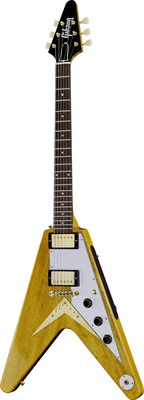

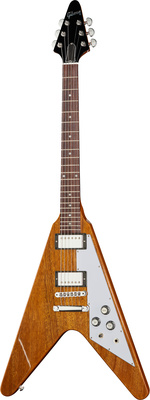

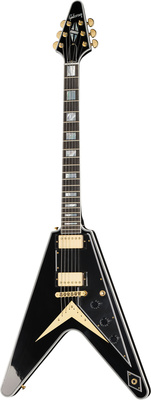

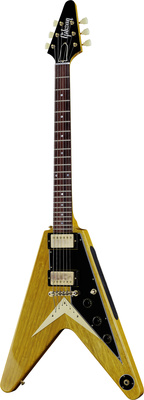

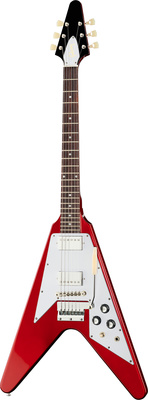

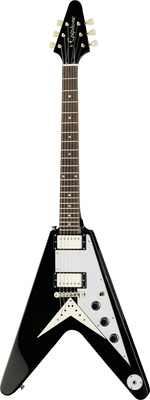
Below are some of the current Dean models:



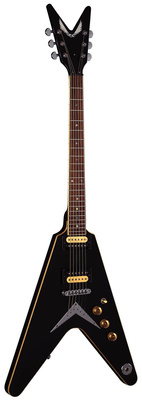
And here is just a small selection of other companies:

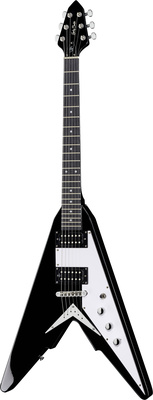

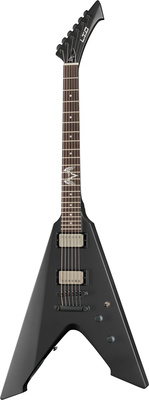

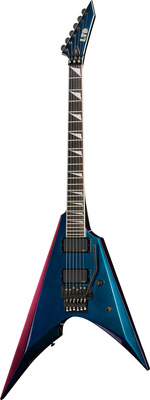

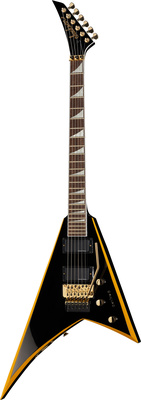

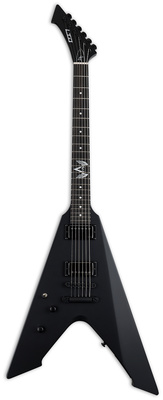

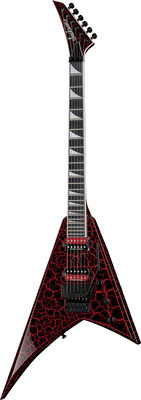

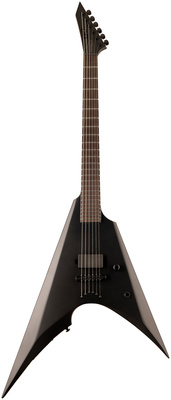

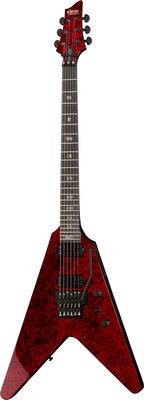

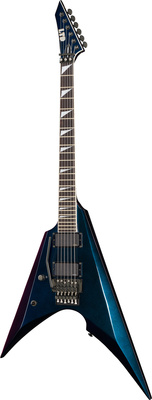

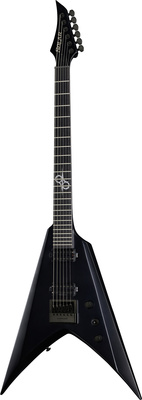
More Information
Video
You are currently viewing a placeholder content from YouTube. To access the actual content, click the button below. Please note that doing so will share data with third-party providers.
* This post contains affiliate links and/or widgets. When you buy a product via our affiliate partner, we receive a small commission that helps support what we do. Don’t worry, you pay the same price. Thanks for your support!
3 responses to “Gibson vs Dean: Gibson wins US trademarks”


 5,0 / 5,0 |
5,0 / 5,0 | 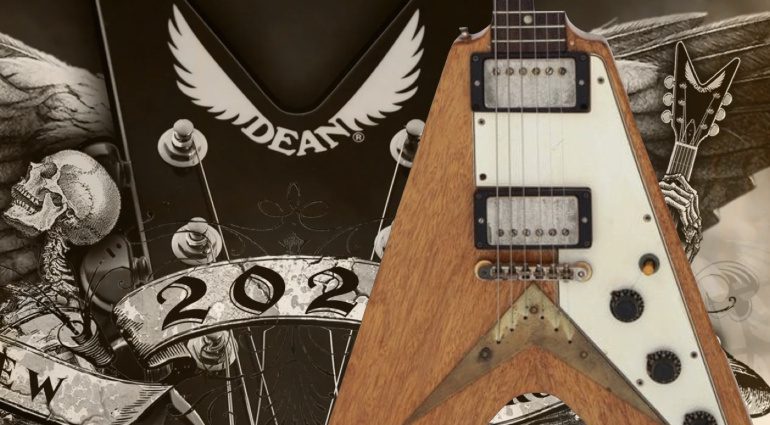

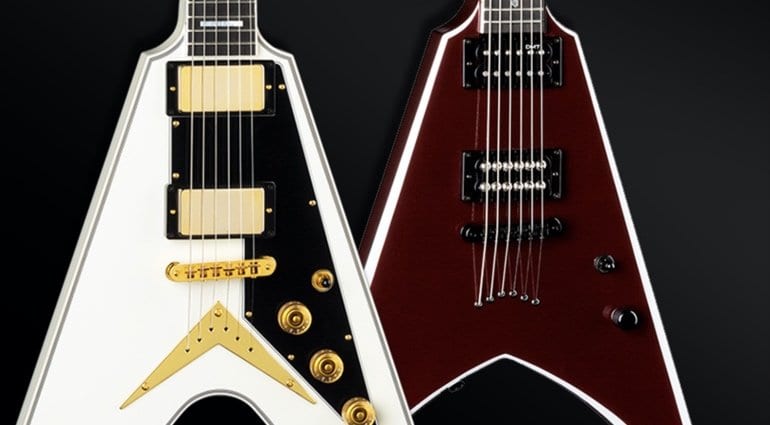
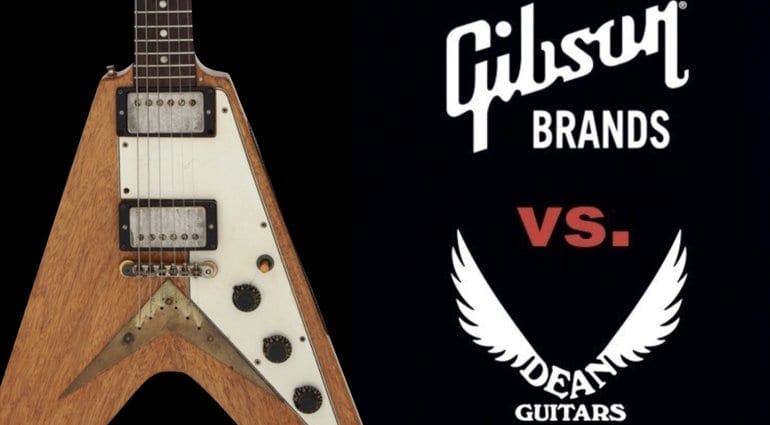



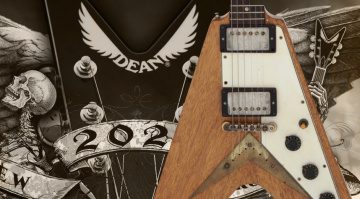

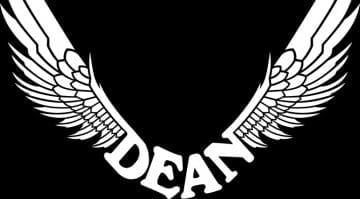
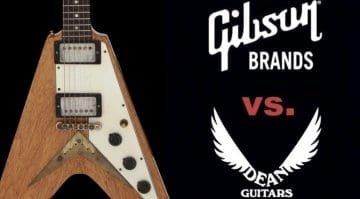

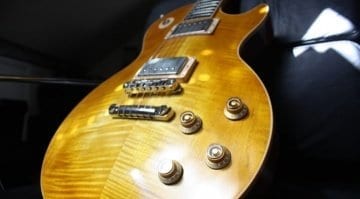

Imagine owning exclusiviy over a basic shape.
Now what will happen with Stratocaster or Les Paul shaped guitars?
Now imagine only being able to own them in one country…
Yeah, it’s easy to see why Gibson went for a jury case as they knew it would be more easy to win as it’s more of a popularity contest with jury involved. If this stands it means less choice for consumers in the US.